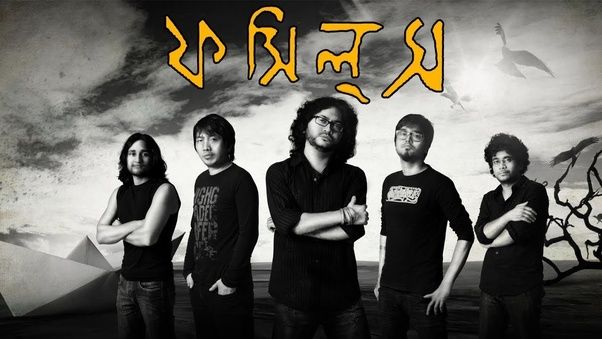A Small Note On Bengali Literature.
May 20, 2019 • 76 views
What Bengal thinks today, India thinks tomorrow
Prominent Indian leader Gopal Krishna Gokhale remarked that statement about Bengal and Bengalis nearly one hundred years ago. From that single statement we can realise the position of Bengalis in post independence Indian society. Bengalis were in the leading position at every aspect of Indian Renaissance, starting from science, literature, culture to patriotism and independence movement.
Presently Bengali is the third largest ethnic group in the world.
History:
History of Bengalis are about a thousand years old.
First of all, we need to know that who are bengalis. Answer is not much complicated. The person who speaks Bengali as mother tongue and belongs to an ethnic bengali family with a close touch with bengali culture can surely be called a Bengali.
The history of Bengali language started its journey with Charyapada in 10th century AD. Charyapada is the collection of mystical poems and songs devoted to Buddhist spiritualism.
Modern Bengali language has derived from the language of Charyapada. And the language of Charyapada is mainly Apabhramsa of Magdhi Prakrita which was evolved from Sanskrit. Eventually the Bengali language became a distinct language by the course of time.
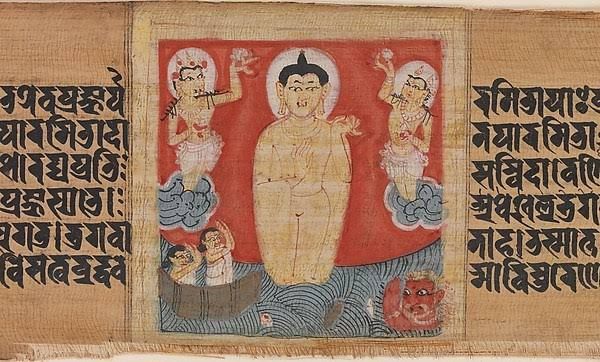
Literature:
Starting from the old Charyapada, Bengali language has experienced a vast space of literature. After the era of Charyapada , Bengali literature was mainly dependent on biographies of Krishna (a Hindu God) and related issues in 12th and 13th century.
After dark period in 14th century, Bengal was flooded by the thoughts of Chaitanya Mahaprabhu. This effected the Bengali literature in large amount.
In modern age, after the starting of Bengali Renaissance, literature experienced huge change. From use of the Tatsama and Tadbhava words in Sadhu form, literature turned to native language (dominantly Kolkata based language). Michael Madhusudan Dutt was a very famous and highly talented poet of that time.
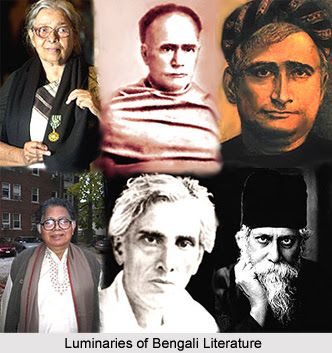
Bengali polymath Rabindranath Tagore himself was an era of Bengali literature. He won Nobel Prize in literature in 1913.
After his death, Bengali literature started to change in other directions with the help of some classic Bengali poets, novelists and others. Some of them are Jibananda Das, Bibhutibhushan Bandopadhyaya, Shakti Chattopaadhyaay, Sunil Ganguly and a lot others.
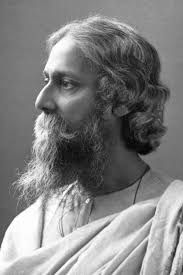
Folk traditions:
Bengal has a very rich folk traditions including baul, bhaoiya, bhatial etc.
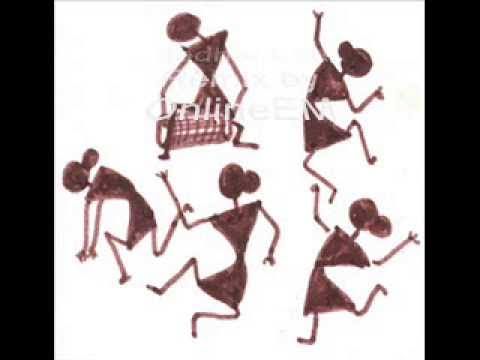
A famous stream of folks is Kabigan, which was very popular in the of 19th and 20th century. Some of the famous Kabiyals were Haru Thakur, Anthony Firinghi, Bhola Maira, Ram Basu. Kabigan was actually literary face-offs between two group of Kabiyals.
Apart from those songs, Panchali, Yatrapala, Islamic jalsa are other forms of folk traditions.
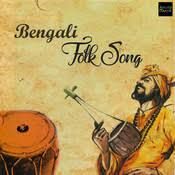
Band songs:
First local language band of India is Mohiner Ghoraguli,
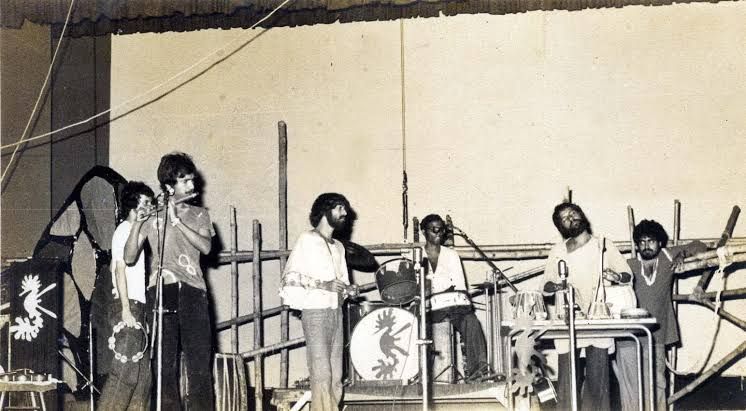
which was a pioneer in Bengali rock band culture. Later Bhumi, Chandrabindu, Cactus, Fossils, Parashpathar emerge as famous Bengali bands. Their effect on Bengali literature and society is still counting.
